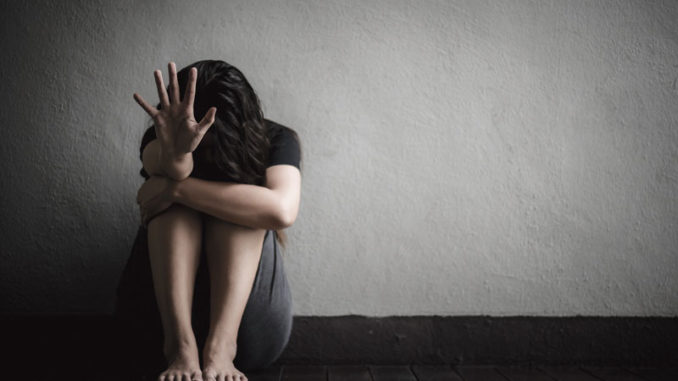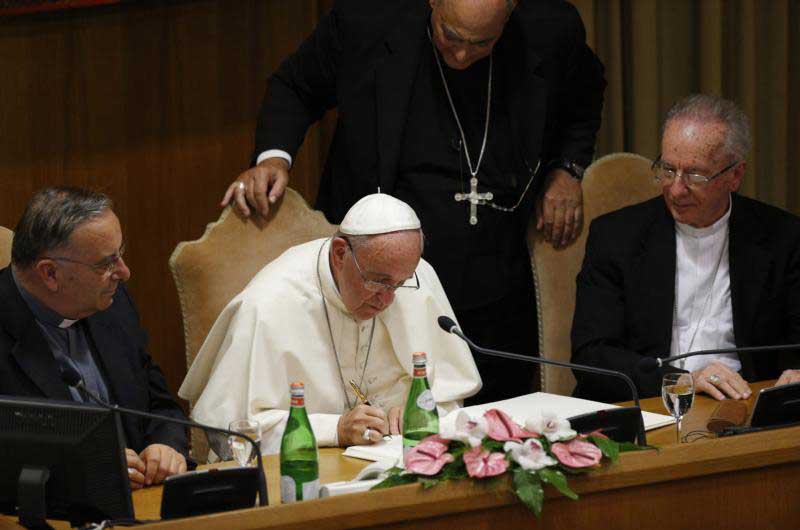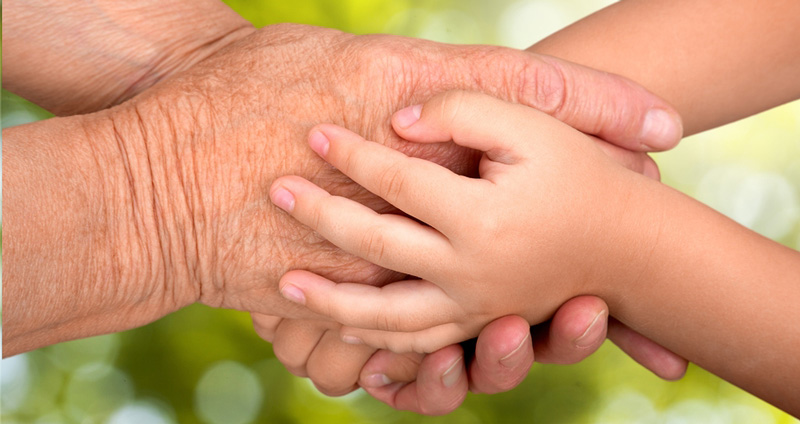
Human trafficking is a plague in our society that has spread around the world, across the country and even here in South Carolina. Men and women are held against their will and forced to work, sometimes as prostitutes, sometimes in industry. The victims are all ages and come from all backgrounds. It’s considered the fastest growing crime worldwide, and yet many people are unaware it is going on in their own communities. Trafficking cases have been discovered in all corners of South Carolina.
Human trafficking is known as the crime that hides in plain sight.
Almost anyone we encounter on a daily basis could be a victim and we would never know unless we learn how to recognize the signs.
The teenaged girl walking at the mall, the housekeeper who cleans up a hotel room, or men and women who work in farming and other industries. All of these people might appear normal at first sight, but in reality live a life of fear, every aspect of their days controlled.
By definition, traffickers use force, fraud or coercion to control their victims and make them engage in services against their will.
Polaris Project, a program dedicated to eradicating human trafficking, estimates that 24.9 million people worldwide are affected by trafficking. In South Carolina, hundreds of cases have been reported over the past decade, with victims working in everything from the sex trade to the hospitality and tourism industry along the coast.
“People need to realize that trafficking is out there and that it is a real problem,” said Jen Thompson, executive director of Lighthouse for Life, a Columbia-based program dedicated to spreading awareness and providing help for minors who are victims.
“A trafficking victim can be anyone, from a laborer to a middle-class teenager who is going to school and living at home. The key way to combat it is to learn to recognize the signs and make sure that we listen to people if they come to us and tell us they are being trafficked,” she said.
South Carolina in recent years has made progress in passing laws to help victims, said Kathryn Moorehead, coordinator of the state’s Human Trafficking Task Force at the Office of the Attorney General.
These laws enable minor victims of trafficking to get help from the Department of Social Services. It also requires those found guilty of trafficking minors to serve 85 percent of their sentence before being eligible for parole. In January, the state became the first in the nation to create a program that will train and certify people to work with victims of trafficking.
It’s progress, Moorehead said, but still just the beginning in battling a problem that continues to grow.
One Survivor’s Account:
Kathryn “Kat” Wehunt is a survivor of human trafficking who currently works as a consultant and chair of the Survivor Advisory Committee of the South Carolina Human Trafficking Taskforce. Here is her story:
“I was born in north Florida and then my parents divorced. My mother remarried and we moved to south Florida, but I would visit the northern part of the state for holidays and summers. There, I was sexually abused by a relative for as long as I can remember.
“I was one of 11 kids, and we had a big family with a lot of cousins. We were often left alone and there was always some sort of sexual molestation going on. I thought this was normal, and every family had this happen. I believe this is important because a lot of times, people with childhood abuse often are targeted as ‘vulnerable’ and trafficked when they get older.
“At age 12, I was raped for the first time by the same relative that had been abusing me. I didn’t even know what sex was, so this was a very pivotal point in my life. I never told anyone. I was sold for the first time at age 14. I was taken to a house I didn’t know, and raped by three men. My relative owed them something and I was the payment. Little did I know, that was the beginning of many years of being trafficked. I was sold from ages 14-17, all while going home to my parents — who were law enforcement — and no one knew anything.
“I was sold every holiday or summer to people that this relative knew. At 17, I was dramatically saved. That was when I realized that I was worth so much more, and I said to myself I will never go back. I would not let it happen anymore.
I was lucky enough to live six hours away from my trafficker, and had the option to never go back. I still did not tell anyone until I was 19 years old. Even then I didn’t realize I was ‘trafficked.’ I thought that was people being taken and sold into other countries. I was never handcuffed to a bed or chained up, so I thought I was just abused. It wasn’t until years later when I started to work in the anti-trafficking movement that I realized I was trafficked.”
For more information, read the Oct. 10, 2019, edition of The Miscellany. https://miscellany.wpengine.com/subscribe/



